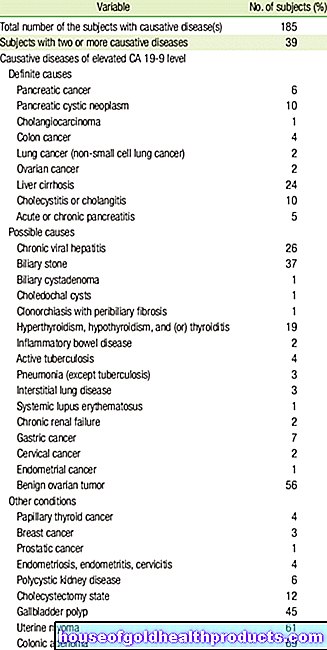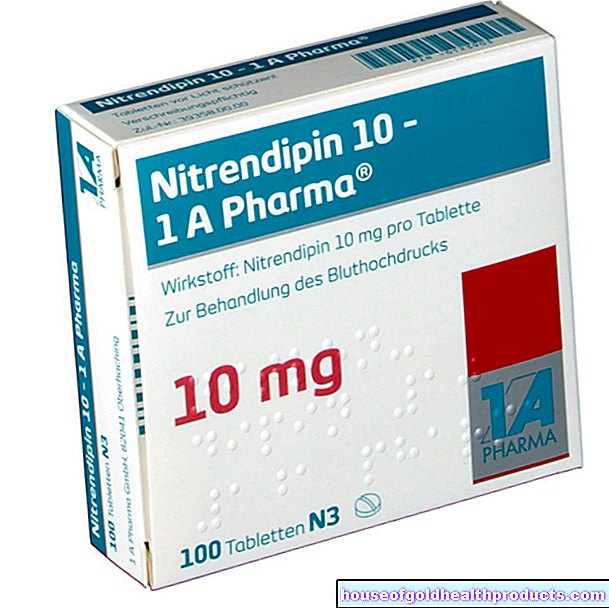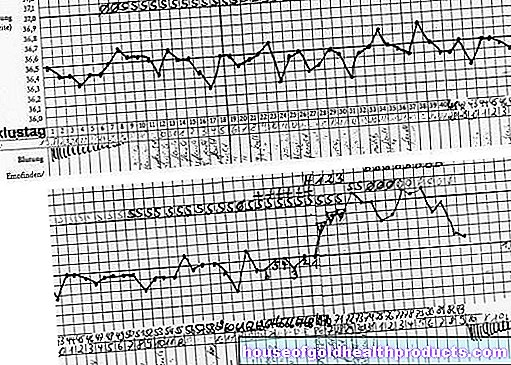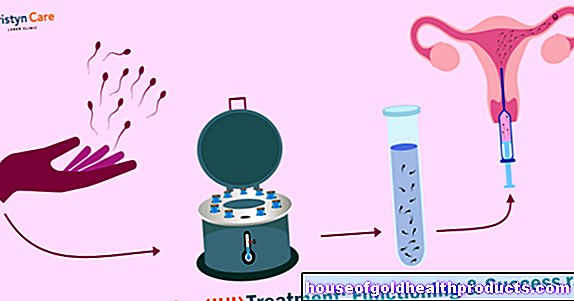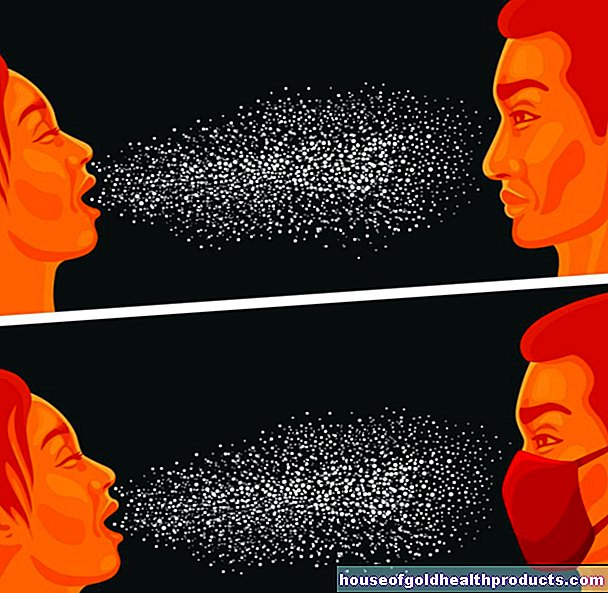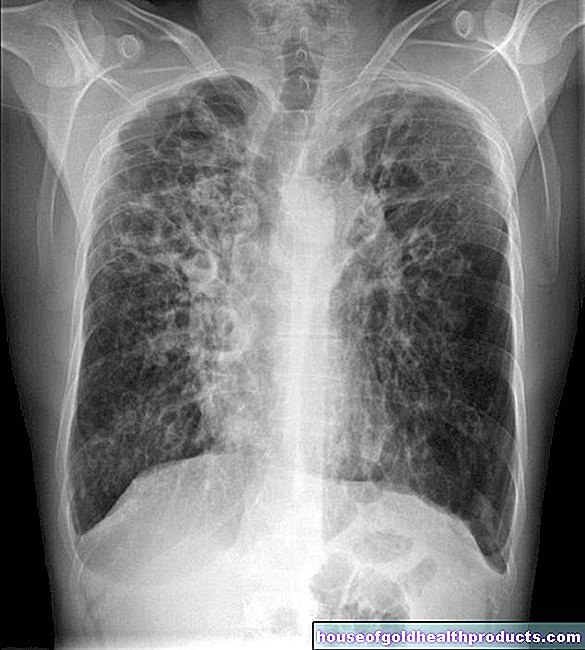Cold medicines affect the ability to drive
Christiane Fux studied journalism and psychology in Hamburg. The experienced medical editor has been writing magazine articles, news and factual texts on all conceivable health topics since 2001. In addition to her work for, Christiane Fux is also active in prose. Her first crime novel was published in 2012, and she also writes, designs and publishes her own crime plays.
More posts by Christiane Fux All content is checked by medical journalists.Many flu and cold remedies do not require a prescription. That lulls many patients into a false sense of security. Even supposedly harmless cough syrups can impair your ability to drive.
"Over-the-counter medication for colds, allergies or pain can also significantly reduce the ability of road users to drive," warns Dr. Joachim Bühler, Managing Director of the TÜV Association. Drivers should read the instruction leaflet carefully and switch to public transport if there are more severe side effects. In addition, it makes sense to ask the doctor or pharmacist about any medication.
Tired, dizzy, unable to concentrate
The range of possible side effects ranges from tiredness, drowsiness and dizziness to difficulty concentrating and impaired vision. This can be dangerous in road traffic. Bühler: "Many consumers underestimate the risk to their ability to drive if they take flu drugs and other medication."
For example, cortisone and antiallergic drugs, pain relievers such as acetylsalicylic acid, ibuprofen and morphine, and antidepressants can impair the ability to react.
Further medication exacerbates the problem
It becomes even more critical when other drugs come into play, for example for cardiac arrhythmias, high blood pressure, epilepsy or depression. Interactions can then increase the side effects considerably. This also applies if alcohol is also consumed. The ability to react when driving a car can then be drastically reduced even below the permille threshold.
Everyone is responsible for their own ability to drive
"Anyone who is ill and takes medication should carefully consider whether they feel fit enough to drive a car, motorcycle or bicycle," advises Bühler. If in doubt, the best solution is to leave the vehicle behind.
In addition to the dangers of an accident for yourself and others, impaired driving ability can result in fines and the withdrawal of your driving license - regardless of whether too much alcohol or a drug affects your ability to react. Because in this country every road user is responsible for his or her ability to drive.
Tags: prevention digital health parasites




